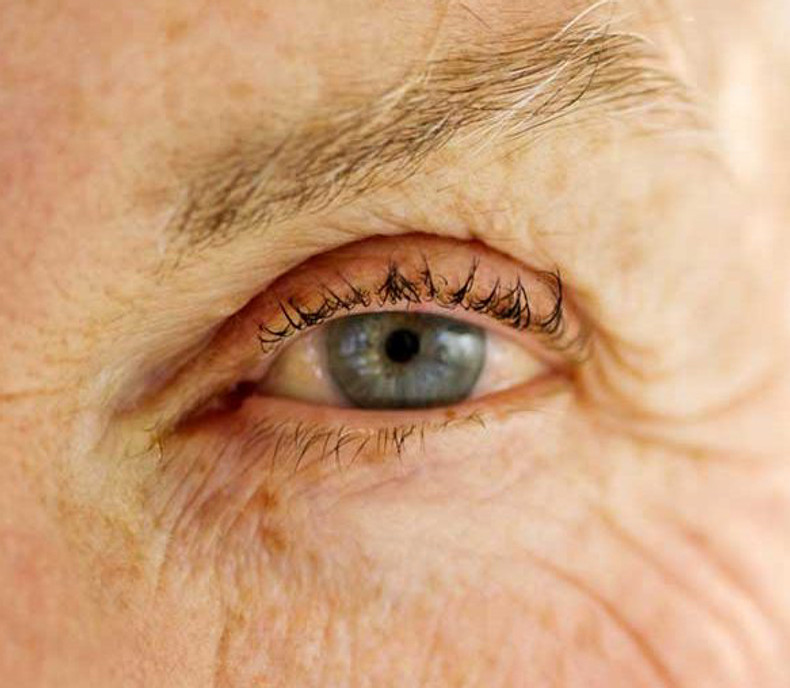What is collagen?
Collagen is the most predominant protein in our body; it’s about 1/3 of our body’s proteins. Collagen is a foundational component of much of our body’s structure: our bones, skin, muscles, tendons, and ligaments and it is sometimes referred to as the “glue” that holds everything together. Collagen gives skin its strength, firmness and elasticity, providing the underlying structure of our skin.
 Our bodies produce collagen, but as we age, production slows, resulting in sagging skin and weaker connective tissues such as cartilage. Also as we age, collagen deteriorates contributing to the signs of aging, not just in our skin, but also in our joints. When women reach menopause, the deterioration is accelerated.
Our bodies produce collagen, but as we age, production slows, resulting in sagging skin and weaker connective tissues such as cartilage. Also as we age, collagen deteriorates contributing to the signs of aging, not just in our skin, but also in our joints. When women reach menopause, the deterioration is accelerated.
How do we build collagen naturally?
When our diets include foods containing the components of collagen, we can naturally produce what our bodies need. Some of the foods that are high in the important amino acids and nutrients that support collagen production are:
- Vitamin C, which is found in citrus fruits, watermelon, broccoli, bell peppers, strawberries, pineapple, and currants.
- The amino acid proline, which is found in, gelatins, cottage cheese, egg whites, wheat germ, beef, soy protein, cabbage, asparagus, and mushrooms.
- Anthocyanidins, which are found in blackcurrants, blackberries, blueberries and raspberries.
- Copper, which is found in red meat, shellfish, sesame seeds, cocoa powder, cashews, lentils and mushrooms.
- Vitamin A, which is found in carrots, pumpkin, sweet potatoes, mangos and papaya
Adding these foods to your diet will give you the necessary building blocks for your body to produce collagen, as well as making sure your body receives sufficient proteins that contain all 9 of the vital amino acids. And, yes you can get all the necessary nutrients from a plant based diet.
How do we prevent collagen loss?
There are a number of environmental and lifestyle factors that contribute to the breakdown of collagen and accelerate the outward signs of aging.
Genetics. We all have predispositions to different conditions. Some people go gray prematurely, some people are predisposed to sagging skin under the eyes. Genetics play a role in how we age, and we are somewhat at the mercy of what our genes dictate.
Sun. Ultraviolet rays cause photoaging, by accelerating the breakdown of collagen. When collagen deteriorates, the skin will rebuild incorrectly, resulting in wrinkles.
Sugar. Consuming too much sugar increases glycation, where blood sugars attach to proteins, forming AGEs (advanced glycation end products). An accumulation of AGEs damage proteins result in damaged or brittle collagen that the body is unable to repair, causing structural changes, particularly loss of elasticity and sagging.
Smoking. Smoking degrades collagen, elastin and proteoglycans and leads to premature aging of skin.
The natural aging process will cause collagen levels to decline. There is no mechanism to prevent this, but avoiding factors that accelerate the process, and giving your body the nutrition it needs to rebuild collagen will help prolong youthful skin.
Do collagen creams and supplements work?
There is insufficient data to determine whether creams containing collagen result in increased collagen in the skin. The actual collagen molecule is too large to penetrate the skin. Most collagen creams also contain moisturizing ingredients which will plump the skin, reducing the appearance of fine lines and wrinkles, giving an appearance that the collagen ingredient is effective.
According to a recentmedical journal article, topical collagen products and collagen taken orally were looked at in terms of their improvement in the quality of skin. Anything we eat goes through our digestive system which breaks it down into its fundamental nutritional components, which are then used by our body. When we take collagen supplements, our body does not automatically apply the collagen to our connective tissue. It is broken down, and then recombined to form collagen. Oral supplements of collagen have been found to be effective in improving collagen.
It is important to remember that when the collagen supplement is broken down by our bodies, it becomes the same elements that we get from our diet. So, if you focus on eating the right foods that provide the important proteins and antioxidants to build collagen, you can get similar benefits as a store bought supplement.
What about creams? Since the actual collagen molecule is too large to be absorbed, if topical creams contain absorbable nutrients that build collagen, an improvement in skin quality is seen. Creams that contain specific types of peptides and antioxidants have demonstrated benefits in smoothing lines and wrinkles. Natural ingredients are rich in important nutrients that help build collagen and improve the quality of your skin. So, go behind all the hype and do a little research about the products you choose to see if the ingredients will provide you with the nutrients necessary to build and increase collagen.

